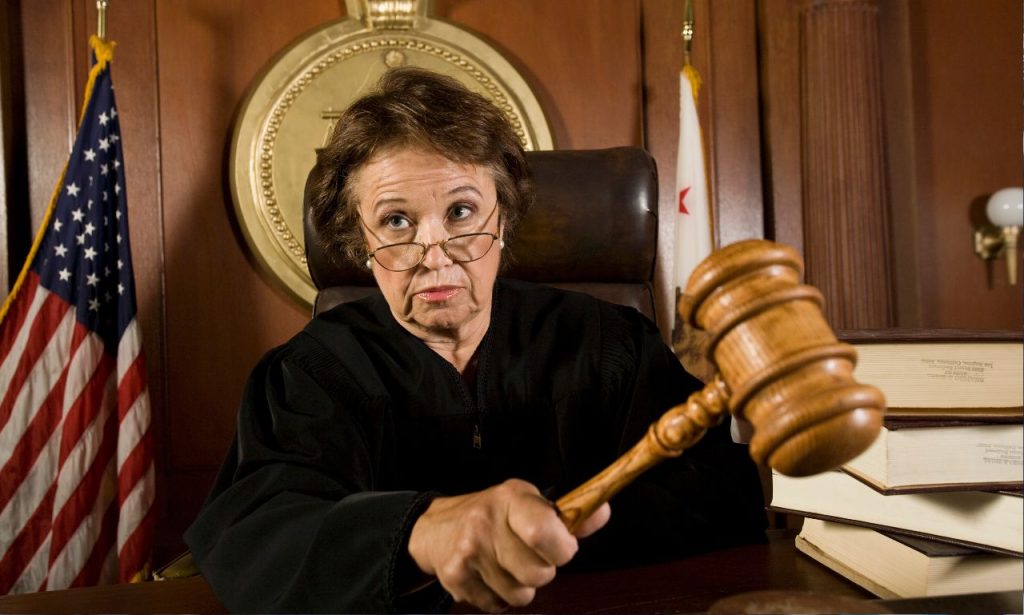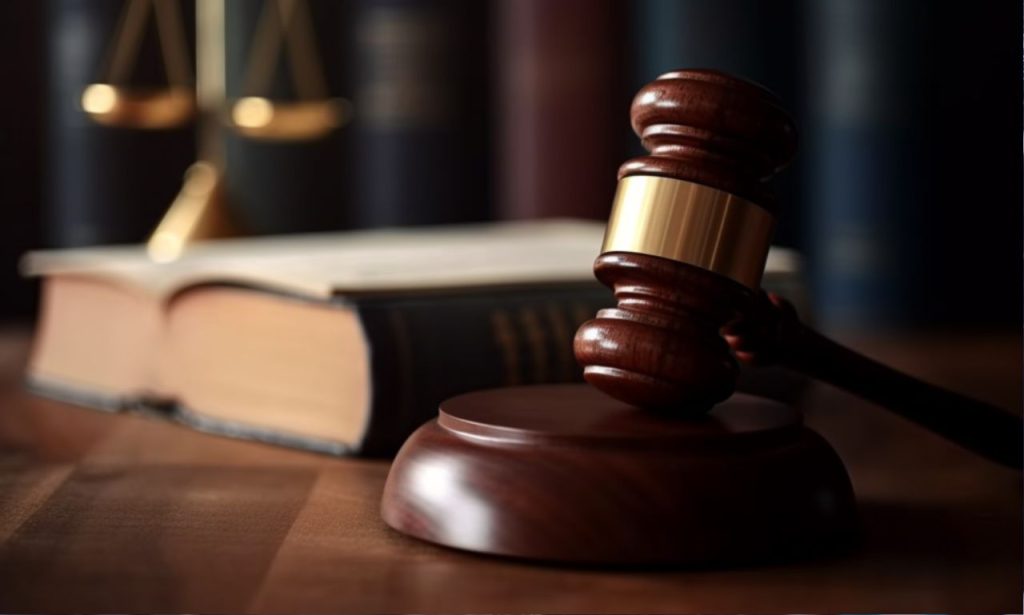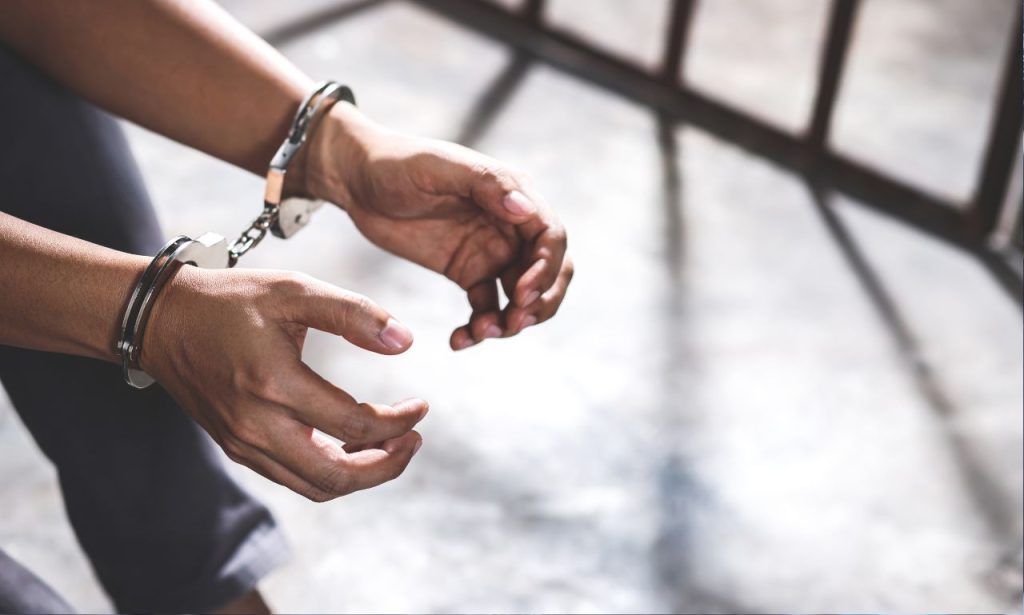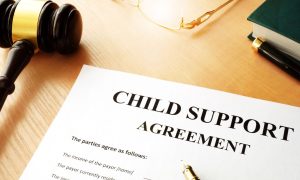Caught at school with meth? It’s a nightmare scenario—one that spirals into a complicated mix of legal battles, school punishments, and personal repercussions. Here, we break down the consequences so you understand what you’re up against if you ever face such a situation.
Getting caught at school with meth can lead to a cascade of problems that impact nearly every aspect of your life. It’s not just about facing school disciplinary actions or potential expulsion—it’s also about navigating the legal system, which can be incredibly daunting. The ramifications can last far beyond your high school years, and it’s essential to understand the potential outcomes.
Legal Consequences

Being caught with meth at school isn’t just a slap on the wrist. It’s a serious offense with severe legal consequences. The legal system is unforgiving when it comes to drug charges, especially within school zones. What happens if you are caught at school with meth will depend on several factors, including where you live, the amount of meth involved, and whether you’re suspected of intending to distribute it.
Varied State Laws
- Different States, Different Penalties: The penalties for meth possession differ from state to state. Where you live has a massive impact on the consequences. Some states have harsher penalties for meth possession, while others might focus on rehabilitation, especially for minors. But make no mistake, in most states, getting caught with meth at school will bring the hammer down hard.
- School Zone Enhancements: Many states have tougher punishments if the incident occurs in or near a school, enhancing the legal consequences. Being caught at school means you’re also in a designated drug-free zone, which can lead to significantly increased penalties.
- First Offense or Repeat: Whether it’s your first offense or not matters. First-time offenders might get leniency, but repeat offenses stack up to major charges. If this isn’t your first time facing possession charges, expect harsher consequences, including longer sentences and fewer options for alternative penalties.
Potential Charges (Misdemeanor vs. Felony)
- Misdemeanor Possession: In some cases, if the quantity of meth is low, you could be facing a misdemeanor. This can result in fines, probation, or community service. But it’s still a criminal record that will follow you, and having a misdemeanor drug offense on your record can limit future opportunities, including employment and college admissions.
- Felony Charges: Larger amounts of methamphetamine or possession with intent to distribute can lead to felony charges. A felony conviction comes with significant prison time, life-long consequences, and, sometimes, loss of essential rights like voting or employment opportunities. If you are caught at school with meth and it’s enough to suggest distribution, you could be looking at years in prison.
- Actual Possession vs. Constructive Possession: You don’t even need the drugs on you. If law enforcement believes meth was in your control or vicinity—like in a locker or backpack—they can still charge you with possession. Constructive possession can be just as punishing as actual possession, and in a school setting, there’s often very little leniency.
Enhanced Penalties in School Zones
- Automatic Enhancements: Laws typically double or even triple penalties if drugs are found on school property. This means harsher penalties, often including mandatory prison time. School zone violations are considered particularly egregious, given the intent to protect minors from exposure to dangerous drugs.
- “Zero Tolerance” Policies: Many schools have adopted zero-tolerance policies for drugs. This makes any meth-related charge far more serious. Enhanced penalties are not just scare tactics—they’re real and can mean extra years added to a sentence. Zero-tolerance often means immediate expulsion from school and criminal charges, even for first-time offenders.
- Public Building Consequences: A school is classified as a public building. Drug possession within such premises falls under enhanced scrutiny and leads to aggravated punishments. The location of the offense plays a crucial role in determining the severity of the penalties.
School Disciplinary Actions
The legal troubles are just the start. Schools have their own sets of disciplinary actions, which can alter the course of your life for years to come. What happens if you are caught at school with meth doesn’t stop with just the police—the school itself will take immediate and severe action.
Suspension
- Immediate Action: Once caught, suspension is likely the first response from school administrators. Suspension means missing classes, missing exams, and falling behind academically. You could be suspended for weeks or even months, depending on the school’s policies.
- Temporary Punishment with Long-Term Consequences: While suspension might sound temporary, it leads to long-term consequences on your academic journey. Missed classes, extracurriculars, and milestones are hard to recover from. Even if you’re allowed back, catching up can feel impossible, and the stigma follows you.
Expulsion
- Permanent School Removal: Expulsion means you’re permanently kicked out of school. This might make it incredibly challenging to get admitted into another school, especially with a record. Schools that accept students with drug offenses are few and far between, meaning you may need to consider alternative schooling options.
- Lasting Academic Repercussions: An expulsion on your record creates a permanent scar—one that colleges and future employers will notice. It often means losing your high school diploma and closing doors to many future opportunities. Colleges may be hesitant to accept someone with a history of drug-related expulsions, and even if you manage to get into college, financial aid can be a problem.
Impact on Academic Record
- Mark of a Criminal Record: Meth possession isn’t just something your school knows about; it’s a record that can follow you beyond school. That’s a tough stain to erase, and it’s one that colleges and future employers will see.
- Scholarships & Aid Denied: Federal aid and scholarships will often be off the table. This means your chance at a college education could be severely limited. Even if you get back into a school, paying for it might become impossible, as drug offenses can disqualify you from most types of financial assistance.
- School Board Hearings: If expelled, many schools will require a hearing with the school board. These hearings often decide whether any alternative penalty options exist. However, for severe drug offenses like meth possession, leniency is rare, and school boards are generally inclined to uphold zero-tolerance policies.
Possession vs. Distribution

Getting caught with meth at school can lead to vastly different consequences depending on whether it’s seen as simple possession or something more. What happens if you are caught at school with meth and are suspected of intending to distribute is an entirely different level of severity.
Understanding Intent to Sell
- Possession vs. Possession with Intent: Law enforcement may interpret a small quantity as personal use—simple possession. However, if you’re carrying packaging, scales, or large quantities, you’ll likely face distribution charges. The distinction between possession and intent to distribute can be the difference between a misdemeanor and a felony.
- Harsh Penalties for Intent: The moment law enforcement suspects intent to sell, the consequences skyrocket. This escalates your charge from a misdemeanor to a felony. You’re looking at enhanced penalties, including extended jail time and possibly even federal charges, depending on the circumstances.
- Evidence of Distribution: Factors like how much meth was found, its packaging, and even electronic communication can influence intent-to-distribute charges. Law enforcement officers are trained to look for circumstantial evidence that indicates distribution of meth. Text messages suggesting sales or possession of drug paraphernalia like small baggies can serve as significant evidence against you.
Factors Indicating Distribution
- Amounts Carried: Carrying anything above a reasonable personal-use amount could trigger intent-to-distribute charges. Even if it’s a few extra grams, the potential for distribution becomes a consideration for law enforcement.
- Packaging or Equipment: Bags, scales, or a substantial sum of money found in your possession can all indicate that you’re not just holding the drug—you’re planning to distribute. These tools point to an intent to sell rather than simple possession.
- Communication Records: Texts or communication records suggesting sales activities will land you in deeper trouble, escalating the severity of charges. Expect the consequences to be amplified if there’s ample evidence of intent. Even casual conversations that hint at drug sales could be used against you.
Treatment of Minors
If you’re under 18, there’s still hope. The justice system often treats minors differently, focusing more on rehabilitation than outright punishment. But this doesn’t mean there are no consequences. What happens if you are caught at school with meth as a minor can be complicated, with multiple outcomes depending on the court’s decision.
Juvenile Justice System
- Not a Free Pass: Being treated as a juvenile isn’t a free pass. Juveniles face incarceration, though in juvenile detention centers rather than adult prisons. These centers aren’t any walk in the park either—they come with strict rules and little freedom. The focus may be on rehabilitation, but the conditions are still restrictive.
- Potential for Alternative Sentencing: Drug court programs often offer alternative sentencing, focusing on rehabilitation rather than severe punishment for minors. This could involve substance abuse counseling, drug treatment court attendance, or probation. While this is better than jail, it’s still a serious consequence that can restrict your freedoms.
- Transfer to Adult Court: Depending on the severity of your offense, you could be transferred to adult court. This typically happens if law enforcement agencies believe your actions pose a significant threat. If this happens, penalties increase significantly, and you will be facing the same severe consequences as adults, including long prison terms.
Possible Involvement of Drug Courts
- Drug Treatment Court: For minors or even adults, the criminal justice system sometimes involves drug treatment court programs. Instead of just punitive measures, these courts can focus on rehabilitation and drug education. These programs are designed to help you recover, but they come with strict requirements, including regular check-ins and random drug testing.
- Counseling or Random Drug Testing: Treatment court requirements might include frequent drug testing, community service, or attendance for drug treatment programs. It’s a way to avoid harsher penalties but requires compliance with strict rules. Missing a treatment session or failing a drug test can result in immediate consequences, including incarceration.
Importance of Legal Representation
Getting caught with meth is one thing, but not having solid legal representation is another issue entirely. Having a criminal defense attorney could make or break your chances of a favorable outcome. What happens if you are caught at school with meth can be drastically altered by having an experienced lawyer on your side.
Role of a Criminal Defense Attorney
- Protecting Your Rights: A skilled criminal defense lawyer knows your constitutional rights. If the search was illegal or your rights were violated, they could work to have the charges dropped. Illegal searches are more common than you think, especially in school settings where students’ rights are often overlooked.
- Guidance Through Complex Laws: Drug laws are complex, and each meth-related charge might have a different defense. Legal representation helps you navigate this maze of laws. Without a lawyer, you might not understand the legal nuances, and you could end up with a harsher sentence.
- Fighting for Leniency: A criminal defense attorney can fight for alternative penalties instead of strict prison sentences, especially if you’re a first-time offender. They might negotiate for probation, community service, or drug treatment instead of prison time.
Exploring Available Defenses
- Challenging Search & Seizure: If law enforcement performed an unlawful search, evidence found might not be admissible in court. Your attorney can argue for the exclusion of unlawfully obtained evidence. Schools often conduct searches that may not hold up under legal scrutiny, and an experienced lawyer will know how to challenge these.
- Lack of Knowledge: In some cases, your attorney could argue that you had no knowledge of the drugs being in your possession, known as the alibi defense. If meth was found in a shared locker or a vehicle where multiple people had access, this defense might apply.
- Reasonable Doubt: The defense attorney might aim to prove there was reasonable doubt about your possession. If they can show a lack of control over the meth, the charges may be reduced. The burden is on the prosecution to prove that you knowingly possessed meth, and your lawyer can exploit any weaknesses in their case.
Minimizing Penalties

- Plea Bargain: A plea bargain can be negotiated to minimize the charges. Instead of severe felony charges, your lawyer may negotiate for a misdemeanor or even community service. Plea deals can significantly reduce jail time and might offer an opportunity for rehabilitation instead of punishment.
- Drug Court Penalties: Your lawyer could get you into a drug court, which allows for rehab and drug education instead of harsher penalties. Drug court programs are not easy—they require dedication and compliance—but they can be a lifeline for avoiding long-term incarceration.
- Deferred Sentence: In some cases, if it’s a first offense, the court may agree to defer a sentence, meaning if you stay clean, the charges can be dismissed eventually. This is a common outcome for minors who demonstrate a willingness to change and cooperate with legal requirements.
Conclusion
Getting caught at school with meth is not something you can easily walk away from. Legal battles, school disciplinary actions, and life-long consequences can all come out of it. You’re facing the law, school administration, and yourself. Avoidance is the only sure way to escape these troubles. But if it happens—having solid legal representation and understanding what you are up against can help.
If you ever wonder what happens if you are caught at school with meth, remember that it is a serious situation that requires immediate action. The potential consequences include legal troubles, expulsion, and long-term academic setbacks, all of which can shape your future. Being proactive and seeking legal help right away can make a world of difference.
ALSO READ: What Happens If You Get Charged With Harassment?
FAQs
If it’s your first offense, you might receive a more lenient sentence, like probation, counseling, or attending drug treatment court. However, the penalties are still severe if meth possession is involved.
Actual possession means meth was physically on you. Constructive possession means it was in a location you controlled, like a locker or backpack.





